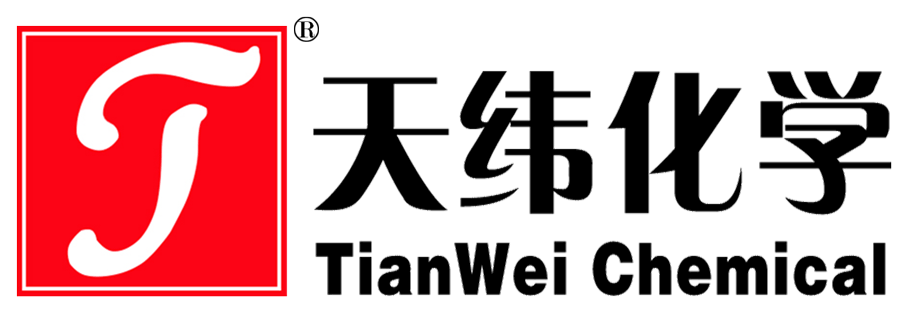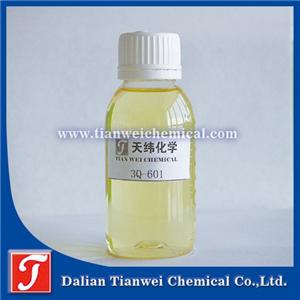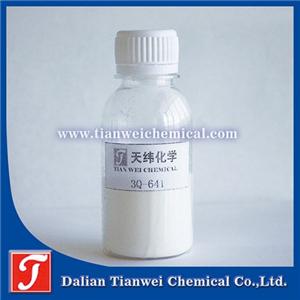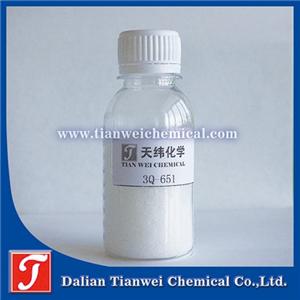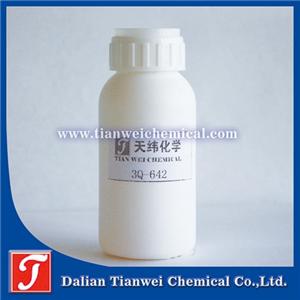-
Introduction to Silver Ion Antibacterial and Deodorizing Agent for Cat Litter
Cat litter silver ion antibacterial and deodorizing agent is an innovative product designed to address the odor and bacterial growth issues of cat litter by utilizing silver ion antibacterial technology. Its core principle, functional advantages, and safety are as follows:
22-12-2025 -
The antibacterial agent for PVC hospital handrails has an antibacterial rate of 99.9%, reducing cross-infection
PVC hospital handrail antibacterial agent is an additive specially designed for PVC materials, aiming to inhibit or kill microorganisms on the surface of handrails to reduce the risk of cross-infection and ensure the hygiene and safety of the medical environment. The following is a detailed introduction from five aspects: core features, mechanism of action, application advantages, application scenarios, and key points of use
19-12-2025 -
Fireproof coating anti-corrosion and anti-mold agents extend the shelf life
The anti-corrosion and anti-mold agents in fireproof coatings are key additives that ensure the performance of the coatings and extend their service life. Their mechanism of action, component characteristics and practical application scenarios can be summarized as follows:
18-12-2025 -
Innovation in Antibacterial Technology for artificial marble countertops: A Leap from materials Science to healthy living
In high-frequency contact scenarios such as kitchens and bathrooms, traditional artificial marble countertops, due to their high porosity (typically reaching 0.5% to 2%), are prone to becoming breeding grounds for bacteria. Research shows that after three years of use, the surface colony count of a regular countertop can reach 1,200 CFU/cm², while artificial marble with added antibacterial agents can keep this value below 50CFU/cm². This technological breakthrough not only addresses the pain points of home hygiene but also promotes the upgrading of the building materials industry towards health and functionality.
08-12-2025 -
The effect of silver ion antibacterial agent on PVC crystal tablecloths
The effects of using silver ion antibacterial agents in PVC crystal tablecloths are mainly reflected in the following aspects: Highly effective antibacterial and bacteriostatic properties Silver ion antibacterial agents destroy the structure of microorganisms by releasing silver ions, thereby inhibiting the growth and reproduction of bacteria, molds and other microorganisms. Its mechanism of action includes:
04-12-2025 -
Technical Analysis and Market Application of Adding Antibacterial and Antifungal Agents to Artificial Boards
I. Technical Principles and Core Functions Antibacterial and antifungal agents achieve protective functions by destroying the cell structure of microorganisms and inhibiting their metabolic reproduction. In view of the characteristic that artificial boards are prone to erosion by molds such as Aspergillus Niger and Penicillium orange, modern technology adopts a multi-component compound system:
02-12-2025 -
Analysis of the Application of Preservatives in Acrylic Waterproof Adhesive
I. Microbial Contamination Risk and Anti-corrosion Necessity of Acrylic Waterproof Adhesive Acrylic waterproof adhesive takes acrylate polymer as its core component. Its high water content (usually over 50%) and abundant organic matter (such as plasticizers and fillers) provide an ideal growth environment for microorganisms. Microbial contamination can lead to the following problems:
01-12-2025 -
Antibacterial and deodorizing auxiliaries for clothing fabrics: A new choice for health and comfort empowered by technology
In the fast-paced modern life, people's demands for clothing have gradually shifted from merely providing warmth and covering the body to pursuing functionality and health. Among them, the antibacterial and deodorizing function, which is directly related to the health and comfort experience of the wearer, has become an important development direction in the field of clothing fabrics. Antibacterial deodorizing auxiliaries, as the core material for achieving this function, are bringing revolutionary changes to the textile industry through continuous technological innovation.
28-11-2025
